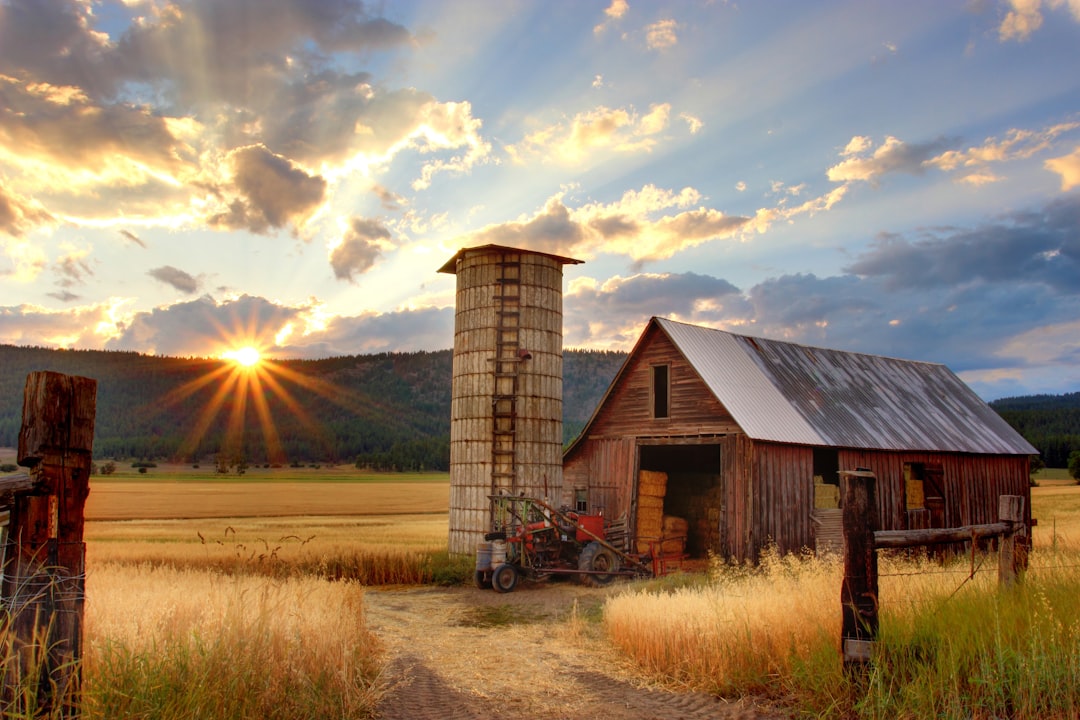Farmer/Farm Manager Kaiahuwhenua/Kaiwhakahaere Pāmu
Farmers/farm managers manage and work on farms. Farmers own or lease the land, while farm managers operate farms for farm owners.
Farmers/farm managers may do some or all of the following:
- buy and sell stock, and manage stock-breeding programmes
- provide food, care and shelter for animals
- herd and shift stock
- handle and train farm dogs
- maintain and repair farm equipment such as vehicles and machinery
- hire and supervise workers such as shepherds and shearing gangs
- buy feed, machinery and other farming materials
- maintain and clean farm buildings, yards and fences
- manage financial and farming records and accounts.
Physical Requirements
Farmers/farm managers need a reasonable level of fitness and stamina, as they spend a lot of time walking around farmland, tending to animals, and carrying out maintenance. Good health is also important.
Useful Experience
Useful experience for farmers/farm managers includes:
- any type of farm or farm management work
- animal-handling work
- driving tractors and using machinery
- engineering work such as welding
- shearing
- work as a stock and station agent – buying or selling sheep, cattle or deer
- managing others.
Personal Qualities
Farmers/farm managers need to be:
- confident and caring with animals
- hard-working and responsible
- independent
- adaptable
- practical and good at solving problems
- good communicators and managers
- well organised, with good planning skills.
Skills
Farmers/farm managers need to have knowledge of:
- animals, including how to breed, care for, handle and feed them
- animal diseases and how to prevent/treat them
- farm and business management
- animal husbandry (care and breeding of animals)
- stock and pasture management (efficient use of paddocks and grasslands)
- how to build fencing, operate tractors and other farm machinery, and do general maintenance.
Conditions
Farmers/farm managers:
- work varying and sometimes long hours, depending on the type of farming they do, and the season. Evening and weekend work is common during spring and summer
- live and work on farms
- may work in dusty, dirty, hot, wet, smelly or noisy conditions
- may travel locally or nationally to buy or sell stock or supplies, or to attend field days, conferences, and other events.
Subject Recommendations
At least three years' secondary school education is recommended. Useful subjects include agriculture, horticulture, maths, accounting, biology, business studies and science.
Farmer/Farm Managers can earn around $78K per year.
Chances of getting a job as a Farmer/Farm Manager are good due to a shortage of people interested in this type of work.
Pay for farmers/farm managers varies depending on experience, level of responsibility, farm type, and the earnings of the farm.
- According to the 2022 Federated Farmers–Rabobank Farm Remuneration Report, sheep and beef farm managers earn an average of $78,000 a year.
- Farmers who own their own property and stock may earn significantly more than farm managers.
Farm and stock managers may get other benefits such as:
- free or subsidised accommodation or housing
- free or subsidised power supply and telephone connections
- free or subsidised meat and other foods produced on the farm
- transport or petrol allowances
- some or all meals.
The value of these extra benefits is about $4,900 a year.
Source: '2022 Federated Farmers–Rabobank Farm Remuneration Report', 2023.
Farm managers may progress to a business/operations management role where they:
- are responsible for meeting overall business goals
- manage multiple farms.
They may also progress to own a farm. Becoming a farmer depends on gaining a high level of practical and managerial skills, and raising enough money to buy or lease property.
Farmers/farm managers usually specialise in a role such as:
- Beef Cattle Farmer
- Beef cattle farmers breed, raise and care for beef cattle to produce meat and breeding stock.
- Dairy Cattle Farmer
- Dairy farmers feed, care for and milk herds of cows on farms.
- Deer Farmer
- Deer farmers breed, raise and care for deer to produce meat, velvet, hides and breeding stock.
- Goat Farmer
- Goat farmers breed, raise and care for goats to produce wool, milk, meat and breeding stock.
- Pig Farmer
- Pig farmers raise and care for pigs to produce meat and breeding stock.
- Poultry Farmer
- Poultry farmers raise and care for chickens or other poultry to produce meat, and/or keep hens to produce table eggs (for eating) or fertile eggs (for hatching).
- Sheep Farmer
- Sheep farmers breed, raise and care for sheep to produce wool, meat and breeding stock.
Years Of Training
There are no specific requirements to become a farmer/farm manager. However, employers often prefer you to have a qualification such as a:
- New Zealand Certificate in Agriculture
- Diploma in Agriculture
- Diploma in Farm Management
- Bachelor of Agricultural Science or Commerce.
Cadet farms offer hands-on training and qualifications
Cadet training schemes are useful if you want to specialise in sheep and beef farming, and improve your skills and chances of employment. Cadet farms throughout New Zealand, which are run as commercial sheep and beef farms, offer one-to-two-year agricultural training programmes that usually result in a New Zealand Certificate in Agriculture (Level 3 or 4).
Cadetships are a good way for young people (usually aged between 16 and 20) with little farming experience to get training and qualifications.

 Thames High School
Thames High School